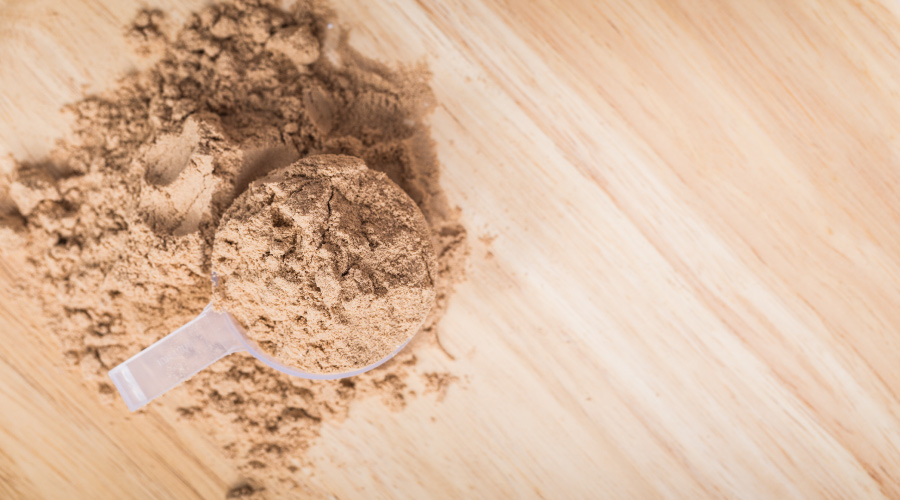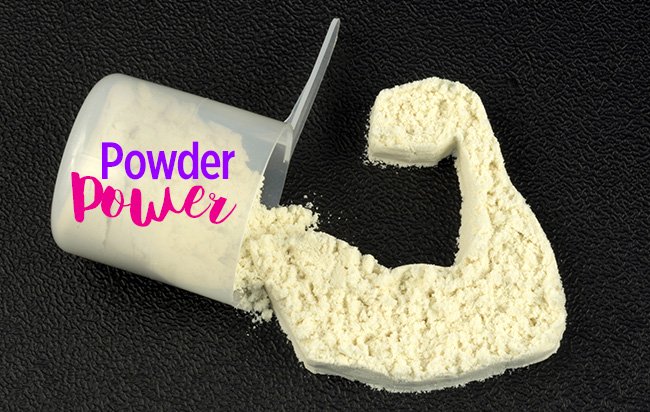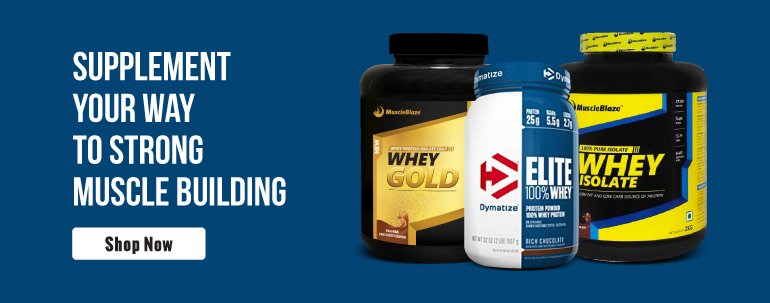

One of the best Whey Protein Isolate benefits includes strong muscle building. Whey Protein Isolate is a great supplement for bodybuilding and can help you a great deal during workouts.
Whey Protein Supplements
In the world of fitness and bodybuilding, protein supplements are not unheard of— especially whey protein. What a regular diet of veggies, fibers, meats, and carbs add to your body, whey protein adds widely in the range of protein and nutrition for muscle development. Whey protein is also widely recognized as a supplement along with a healthy workout but there are its varieties to choose from— whey protein concentrate, isolate and whey protein. Whey protein isolate differs in the amount of protein content, fat and lactose from whey protein and this is the basic difference between the two. For fitness enthusiasts looking specifically for a lactose-free diet, whey protein isolate can be your go-to supplement.
What is Whey Protein?
Whey protein can be simply put as the by-product of milk or dairy products that undergo pasteurisation— which means the by-product coagulated during manufacturing of dairy products constitute of whey. Now you might wonder how is a by-product widely recognized? The reason being that whey has a number of benefits including increasing muscle size, aiding strength for workouts, preventing muscle breakdown, managing hunger cravings and most importantly allowing protein synthesis in muscles. With a wide range of benefits, the types of whey protein are— whey protein concentrate and whey protein isolate.
Must Read – How To Make Whey Protein At Home
Whey Protein Isolates— Who is it for?

Ideally, for those who do not want any fats in their diets, whey isolate should be good for them. Generally speaking, whey protein is low in fat, carb, lactose, and calories etc. which gives you an ideal dietary supplement for strength and muscle building. Typically for bodybuilding enthusiasts who are lactose intolerant or suffer bloating or gastric issues can try whey protein isolate because its micro-filtration process reduces lactose heavily. With 80-90 percent of the supplement (either isolates or concentrates) the remaining part is water. Whey protein isolate also simulates higher insulin levels and can be directly oriented to athlete performances if training for sports. Such dosage is dependent on the trainee’s fitness regime and trainer’s advice.
Whey protein isolate supplements have very high protein contents and you can buy that is available in different flavors and with added sweeteners. Whey protein isolate is easily digestible and is frequently bought as a powder supplement.
Whey Protein Concentrate vs. Isolates— What to Choose?
Whey protein is full of the Branched Chain Amino Acids (BCAA) which makes it a packed supplement than just milk or soy protein. Whey concentrate goes through a citric filtration process and contains about 80 percent of protein and can be further micro-filtered (that might increase the protein content!). Similarly, isolates go through another filtration process where the water content is devoid of the lactose and carbs and thus removed to form isolates. In this case, it is close to 95 percent isolated protein concentration. Further processing or hydrolisation of whey protein isolates produce even finer peptides that can be directly absorbed in the body vis-a-vis the bloodstream. It is, however, advisable to choose the right kind of whey protein isolates/supplements suggested by your trainer or dietician.
Due to the faster rate of digestion and insulin responsivity whey protein isolate is a popular choice for workouts. Whey protein isolate supplements serve a pure scoop of protein that is fat-free and almost lactose-free— and thus whey protein isolates cover a good range of workout supplement benefits. Choosing the right supplement can be received from expert guidance or depending on your fitness goals and most importantly— on what your body is responsive to.

Usage of Whey Protein Isolate
The average usage of whey protein isolate can be up to 0.8 grams multiplied by the body weight of a healthy individual over the age of 19 years. Usage also depends on fitness goals, i.e, if you are active and intend to secure lean mass then taking about 1.5g of whey protein isolates per kg of your body weight every day is advisable. For athletes this dosage may slightly increase and for persons maintaining a sedentary lifestyle and wants to supplement their diet with whey protein, they can multiply 0.8 grams say, with average body weight of a man of 80 kgs will equal to 64 grams of whey protein in their diet. For persons undergoing an obese body state should consult a dietitian to take whey proteins as the staple dosage mentioned above may not apply to them. Also, before taking the decision to use whey protein isolate, it is recommended to consult a certified dietitian or your trainer for dosage and timings of intake.
Whey protein isolate is available online in India and you can buy it based on the percentage stated on the product, the type recommended by your trainer and also the flavor you like.






This information was quite helpful!